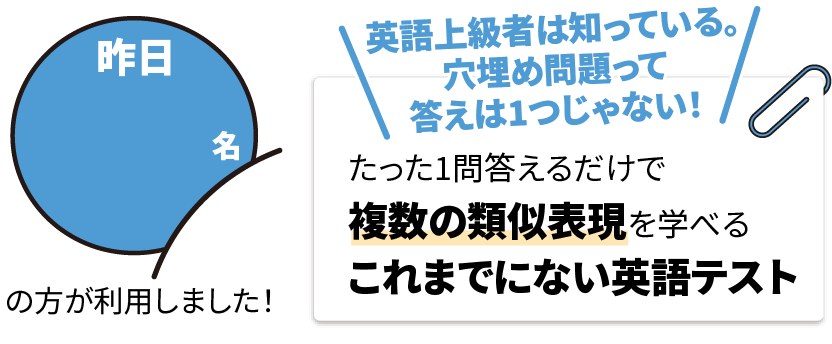みなさん、こんにちは
FEネイティブ講師Simon先生がお届けする英語ブログで学ぶ使える英語表現をシリーズでお届けしています。
さて、今回のブログは、今月のイースターをテーマに、The Eggs of Easter 「イースターのたまご」をお届けします。
Hello, this is Simon.
As a child, I used to love Easter. The entire holiday seemed to revolve around eggs and chocolate, at least from a kid’s perspective. We eagerly participated in decorating eggs, embarked on thrilling egg treasure hunts, and engaged in various games centered around them. And of course, indulging in the abundance of Easter egg chocolates was a highlight. Those were truly delightful times.
Since coming to Japan, I’ve pretty much fallen out of touch with honoring the Easter traditions. However, in a strange way, every time Easter comes around, it serves as a reminder of my time here in Japan. It’s all because of the association with eggs…
Living here, I’ve experienced moments where I felt like I got egg on my face—having said or done the wrong thing from time to time. I would always feel a bit of an egg when that happened, and then be treading on eggshells for some time. There were even times when I had a run of mishaps, giving me the feeling that I couldn’t even boil an egg.
However, people have always been very forgiving. They would give me advice and encourage me to be ready for the next time— egg me on, if you will. Everybody I have encountered has been completely understanding of my faux pas. So, I don’t think I was ever seen as a bad egg.
Anyway, Easter is rolling around, and I’d like to introduce at least some of the tradition to my kids. They’ve been brought up completely unaware if it’s existence. From this year I’m going to start them on it and try to be a good egg…
ーそれでは、本文の中からピックアップした英語表現を見てみましょう!
“got egg on my face”
This idiom means to be embarrassed or humiliated, often as a result of making a mistake or being proven wrong
(e.g. I got egg on my face when I confidently offered to lead the way, but I ended up getting us lost.)
“feel a bit of an egg”
This expression maybe not so well known outside of New Zealand. If you call someone an “egg”. It means that they are a fool.
A common way to use are simply expressions are: “What an egg!” or “Don’t be such an egg!”
“treading on eggshells”
This idiom describes a situation where someone is being very cautious or careful to avoid causing offense or a negative reaction. It implies a delicate or sensitive environment
(e.g. During the sensitive discussion, we were treading on eggshells to avoid escalating the tension.)
“couldn’t even boil an egg”
This phrase “can’t (even) boil an egg” is used humorously or metaphorically to suggest someone lacks basic skills or competence. If someone “can’t even boil an egg,” it implies they struggle with even the simplest tasks
(e.g. He is always boasting about the various things he can do so well, but the fact is, he can’t even boil an egg when it comes to most things.)
“egg me on”
This means to encourage or provoke someone to do something, often implying a sense of excitement or challenge.
It’s like urging someone forward in a playful or motivating way
(e.g. My friends always egg me on to try new things, and that’s how I ended up making a complete career change.)
“a bad egg”
This expression refers to a person who is dishonest, untrustworthy, or generally troublesome.
Calling someone “a bad egg” implies they have negative qualities or engage in undesirable behavior
(e.g. They warned me that he was a bad egg, but I didn’t believe it until he betrayed our trust.)
“a good egg”
This expression is the direct opposite of “a bad egg”. It implies a person who is kind, reliable, and trustworthy.
Calling someone “a good egg” suggests they possess positive qualities and are generally a good person
(e.g. Even in challenging situations, she remains considerate and helpful—truly, she’s a good egg.)
Spring is on the way! See you next month!

Hello! My name is Simon.
I am from New Zealand, and have been living and teaching English in Japan since 1999.
My hobbies include movies, playing the guitar, gardening and hiking.
※このブログでは英語学習に役立つ情報アドバイスを提供していますが、本ブログで提供された情報及びアドバイスによって起きた問題に関しては一切、当方やライターに責任や義務は発生しません。
※ここでの情報や助言を参考に英文を書いたり下した判断は、すべて読者の責任において行ってください。ここに掲載されている記事内の主張等は、個人の見解であり当社の意見を代弁・代表するものではありません。








 (3 イイネ!が押されています)
(3 イイネ!が押されています)




























コメントする